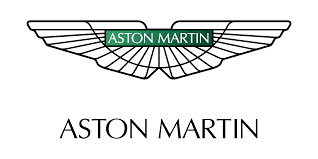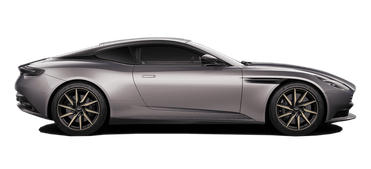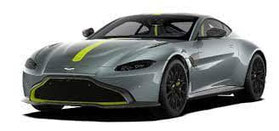ASTON MARTIN Car PDF Manuals
Aston Martin Cars History
There're 16 ASTON MARTIN car owner's & workshop service manuals PDF, electric wiring diagrams, error codes DTC.
The beginning of the twentieth century in Great Britain was marked by the emergence of the most expensive, luxurious and unique cars.
The history of Aston Martin is also connected with this important period for car manufacturing, because it was at that time that two young Englishmen, Robert Bamford and Lionel Martin, decided to launch their own line of cars.
However, in 1972, the company was bought. Despite the fact that Sir David Brown did not leave the board, there were some changes: the DBS model was renamed Aston Martin Vantage and Aston Martin V8, and David Brown's initials were removed from the names.
Soon Company Developments came to the conclusion that it could not afford to manufacture prestigious cars, and in 1974 Aston Martin ended up in America.
The production of cars again fell to a minimum mark.
New people who cared about the fate of the company came to her rescue. Peter Sprague, George Minden, Alan Curtis and Denis Flater not only set up production, but also managed to bring the famous Lagonda back to life.
Nevertheless, the firm did not have stability. After multiple changes of ownership, Aston Martin ended up in the hands of Pace Petroleum owner Victor Gauntlett and co-founders of CH Industrials.
They returned Aston Martin to racing and stabilized the company's car production.
Ford Motor Company became the owner of seventy-five percent of the shares of Aston Martin in 1987, the remaining assets were equally divided between the Livanos and Gauntlett families.
From that moment, the company's affairs took a positive turn: the V8 was again on the screens next to James Bond, and the new Aston Martin Virage appeared the following year.
A few years later, Victor Gauntlett sold his stake to the founder of Ford of Europe Vice-Chairman, and the life of the company finally found stability.
But at the beginning of the nineties, another trouble awaited her: the economic recession that hit Great Britain reduced the volume of sales of basic models.
However, the 1993 Geneva Motor Show was marked by the introduction of the new DB7, named after Sir David Brown.
This model became successful for the company, and its production was moved to Oxfordshire in 1994.
In general, manual work is a kind of Aston Martin company's forte.
It is hard to imagine that there is simply no place for robots and conveyors at the factory.
The only automated device deals with only one thing — application of an anti-corrosion coating.



